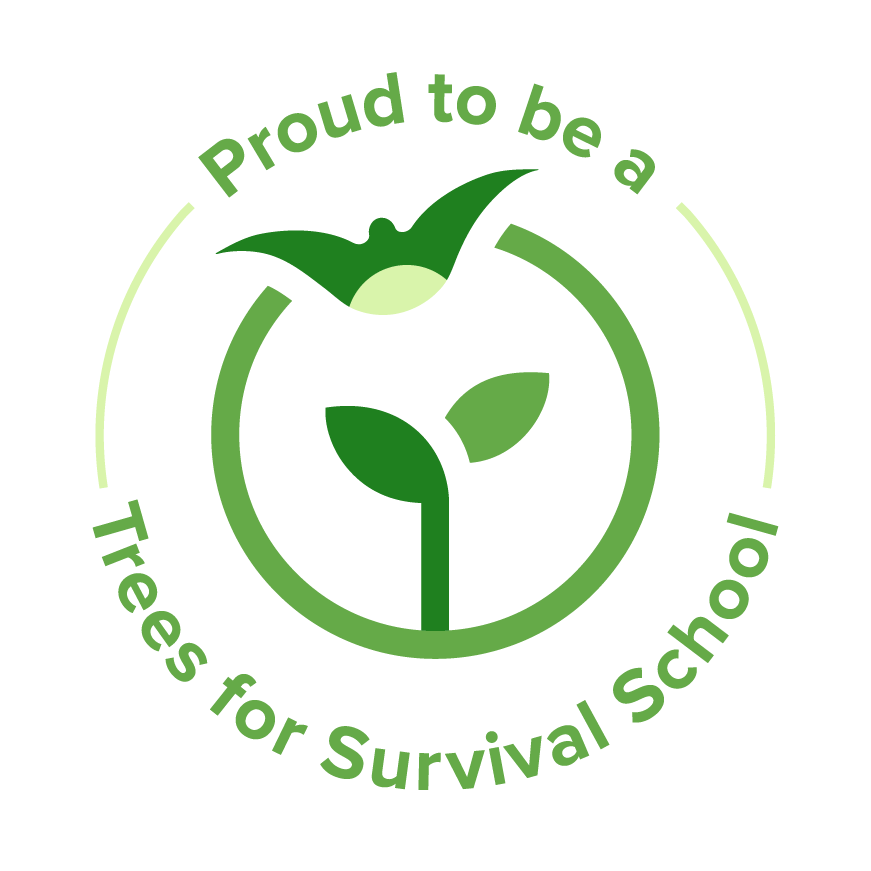At Moanataiari, there is a strong focus on the curriculum. We work hard to achieve success and to make learning enjoyable for our students across all areas of learning. We believe that learning is dynamic and as professionals, we respond to the changing needs of our students and their families. To do this, we have a multi-faceted approach to learning at Moanataiari School.
We invite all parents to be part of their child’s learning and aim to foster open and supportive relationships between teacher and parents to ensure this happens. This goes beyond involvement and homework. It is about students, teachers and parents working together to set goals and work towards shared outcomes for our students, sharing information to ensure success.
Early Words Programme
Every new entrant joins The Early Words programme. It is a literacy programme to speed the attainment of basic sight words that support reading and writing. It is a one-on-one systematic five minute word-focused lesson. During the lesson the are taught or retaught a high frequency word at both word and sentence level.
New students who join us in an older junior class can be tested to see whether they need the programme.
The junior student is set up with a senior buddy who has been trained in the programme. They meet in the junior classroom every Monday to Thursday and take their buddy through the programme. Our teacher aide Donna Weir is the Early Words Co-ordinator who manages and runs the programme. Those juniors who are struggling with the programme may complete their lesson with Donna.
The Early Words programme fosters a great relationship between senior students and new children in our school (tuakana-teina). It allows our senior students to grow in confidence and leadership while helping the younger student
Phonics
Each junior class follows a systematic phonics programme designed to build and improve on the previous years’ knowledge. Phonics is taught daily in the junior school, and plays a very important role in learning to read and write. It is important that children are taught the sounds in the first instance, rather than letter names.
Mathematics
All classes follow the Pr1me Maths programme. This programme follows a purposeful sequencing of teaching and learning outcomes across levels and areas of mathematics. The programme views mathematical learning as a journey that everyone is capable of. The core idea of this programme is to support learners in their understanding of mathematical concepts.
Students purchase a book at the beginning of the year for practice activities that are related to the group learning they take part in. Students have the opportunity to access Mathletics (senior rooms), or Studyladder (junior and senior schools.
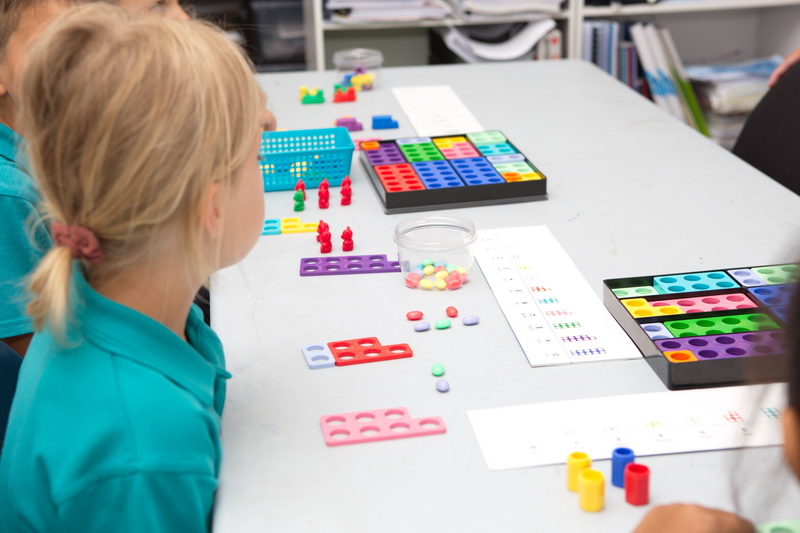
Virtual Learning Network
The Virtual Learning Network (VLN Primary) is an initiative that aims to extend learning opportunities for our students by enabling online collaborations between schools. Senior class students, who are motivated and who can manage their own learning are provided with extension learning opportunities through being enrolled in VLN Primary online classes.
In 2020 this has included learning another language, such as Spanish or Japanese, extension mathematics and Te Reo lessons. These classes take place once a week when the students join a virtual classroom by connecting with a specialist teacher and students from other schools to learn about their chosen subject.
Senior students who are capable of self-managing and have a highly developed sense of independence are those who can register their interest in these online classes.
Garden to plate
A unique emphasis of Moanataiari is our Garden to Plate focus. It relates directly to our vision: Learning and growing together – “Kia tupu ngatahi ai e tātou”. This also incorporates the key values of: Manaakitanga (Caring for people) and Manaaki Papatuanuku (Caring for the earth).
Trees for Survival
Moanataiari School is proudly a Trees for Survival School.
Environmental education in action - we're restoring our environment by growing and planting native trees!
With the help of thousands of New Zealand students, landowners, schools, and our sponsorship partners, we’re growing and planting native trees in areas where they’re needed the most—protecting streams, wetlands, and erosion-prone land. Over 100,000 native trees are planted every year.
Our action-based environmental education programme empowers school communities to nurture, grow and plant native plants, showing them how they can be active in environmental restoration. (Trees for Survival website).
Our students have cared for over 1,700 seedlings. These plants have been planted on the school's main field and along Burke Street. Click on the logo to visit the Trees for Survival website.
Our garden is a special place of learning for the children at Moanataiari school. Every week each class spends time out in the garden caring for their class plot and the surrounding environment. As a class the children decide what to plant each season - usually based on what they would like to cook and eat!
Harvesting vegetables fresh from the garden and learning to cook them in the Moanataiari School kitchen is part of the programme.
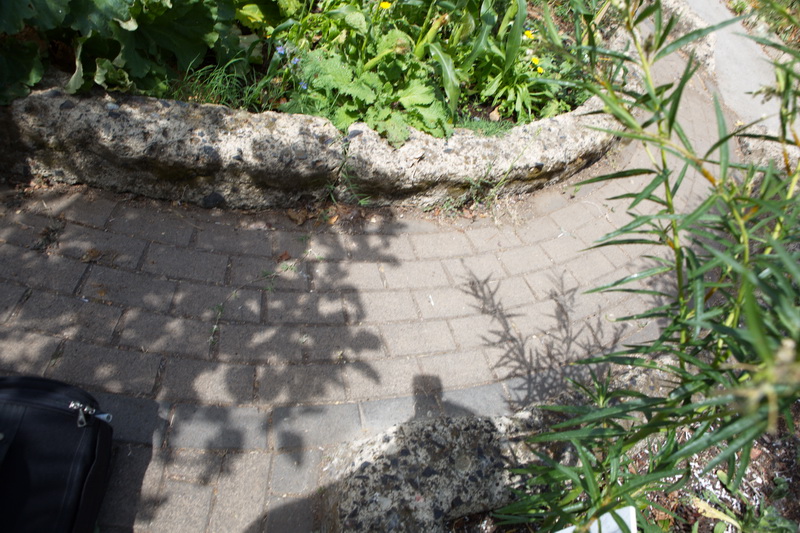
Garden-based learning is a philosophy that includes experiential learning, where children learn by doing. It also includes environmental awareness and ecological literacy. Children are able to learn about the local environment, the seasons, the weather, what grows in their garden, and when.
The life cycles of plants and insects can be observed.
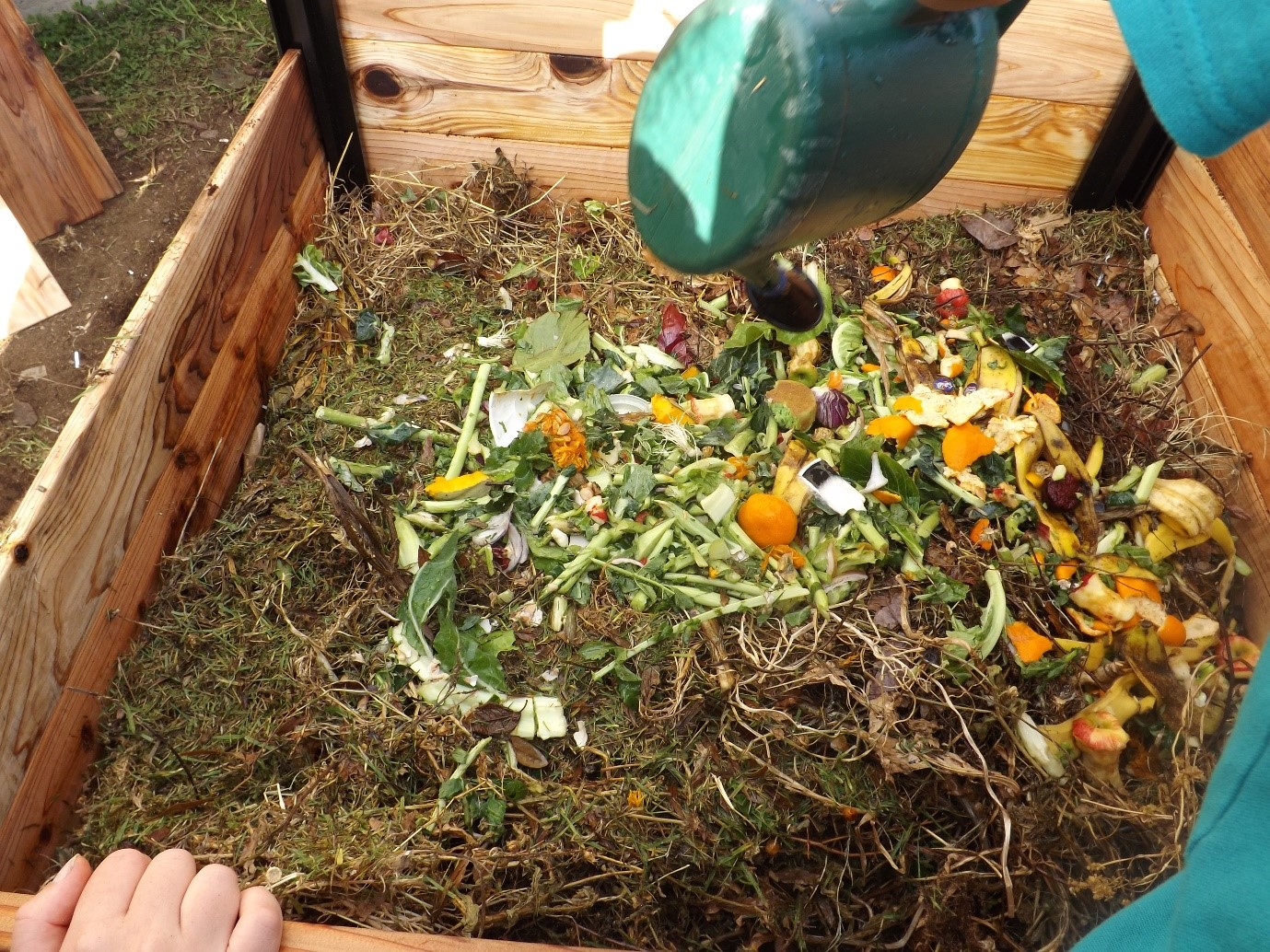
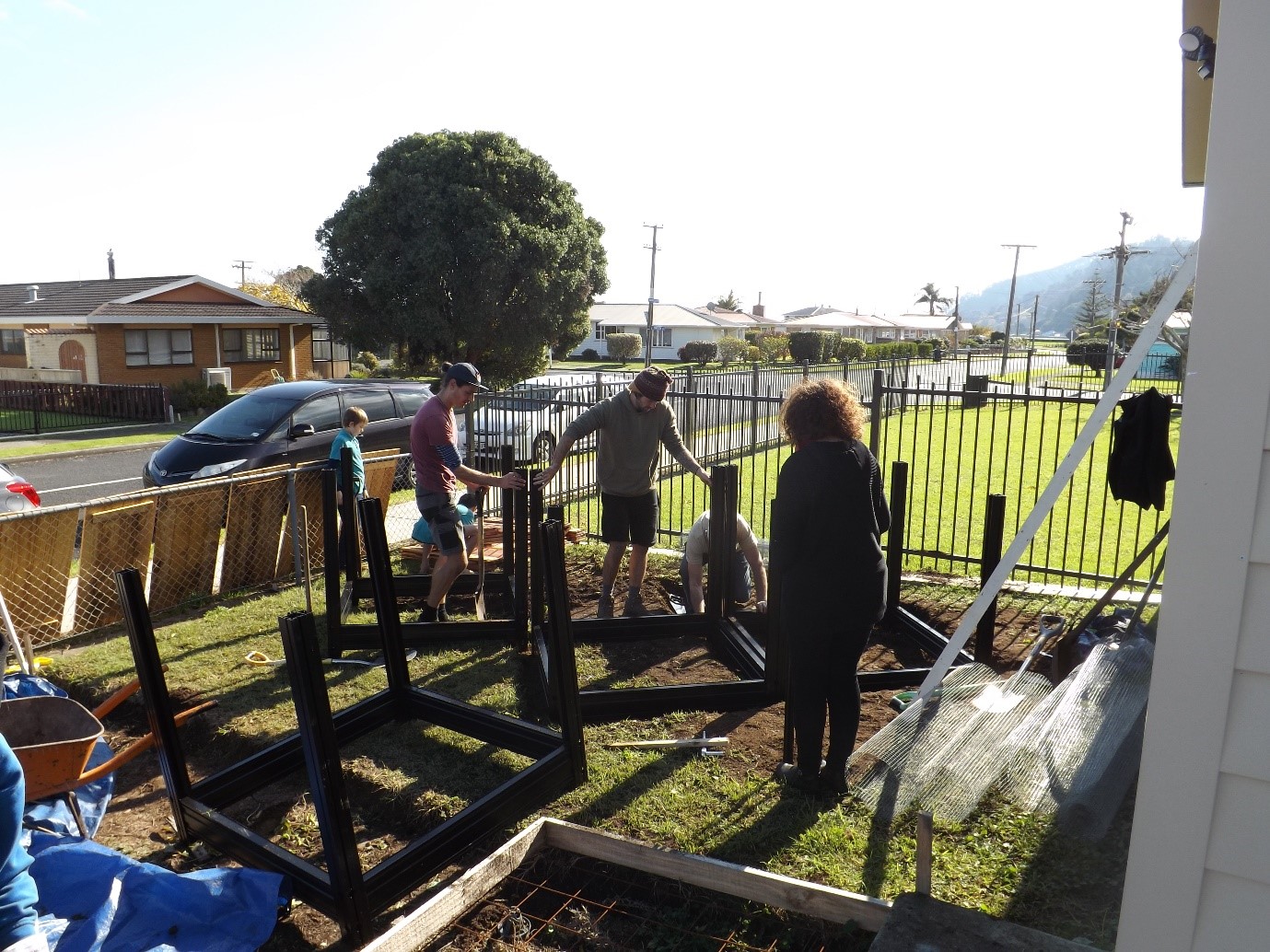
Developing a connection to nature through working in the garden benefits children in many ways. Research has shown that it has a positive effect on children’s social and emotional well-being and increases childrens’ willingness to try new vegetables and fruits. Research has also shown that learning in the garden develops environmental awareness in children as they care for a living environment. Garden-based learning is especially beneficial in teaching scientific concepts. Hands-on experiences allow children to develop an understanding of their complex world and their place in it.
The children are involved in everything that happens in the garden, from the installation of new compost bins to the spreading of mulch in the native garden.

